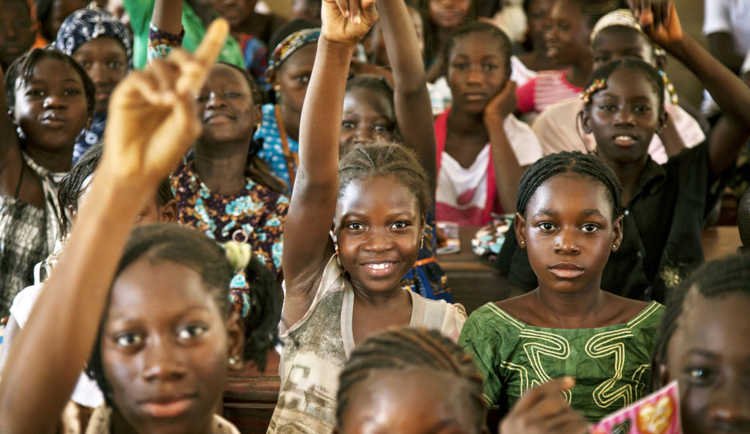Many African countries continue to grapple with issues related to gender equality and the protection of girls’ rights as the world marks the Day of the Girl Child.
Development Diaries reports that the theme of this year’s Day of the Girl Child is ‘Invest in Girls’ Rights: Our Leadership, Our Well-being’.
African countries have made significant strides in improving the lives of their citizens, including the girl child.
However, challenges such as child marriage, female genital mutilation (FGM), gender-based violence (GBV), and limited access to quality education still persist in many regions.
These challenges often perpetuate a cycle of poverty, limited opportunities, and limited access to health care and nutrition, which, in turn, hinder overall development.
Access to education
Many girls are denied the opportunity to go to school due to societal norms, economic constraints, or the long distances they must travel to reach educational facilities.
Figures from the United Nations Educational, Scientific and Cultural Organisation (UNESCO) show that 50 million girls are out of school in sub-Saharan Africa.
Additionally, child marriage remains a prevalent concern, with numerous young girls forced into unions before they are physically or emotionally ready.
This not only deprives them of their childhood but also increases the risk of health complications and perpetuates cycles of poverty.
Harmful practices
GBV, FGM and sexual exploitation pose a constant threat to their physical and mental health. According to the United Nations Children’s Fund (UNICEF), nearly 140 million girls and women in Africa have undergone FGM.
Moreover, the lack of access to health care and inadequate nutrition often result in higher mortality rates among girls.
Addressing these problems is crucial for creating a brighter and more equitable future for girls in Africa.
Providing quality education for girls helps break the cycle of poverty, fosters economic growth, and encourages women’s active participation in the workforce. This, in turn, bolsters national economies and ensures a more equitable distribution of resources.
Access to health care
Access to health care and proper nutrition are fundamental rights. Ensuring that girls have access to quality health care and adequate nutrition not only improves their immediate well-being but also strengthens their future potential. Healthy girls become healthy women who can contribute meaningfully to society.
It is crucial to invest in initiatives that combat harmful practices like child marriage and FGM. These practices violate the basic rights and dignity of girls. Investing in awareness campaigns, legal reforms, and support for girls affected by these practices can create safer environments for them to thrive.
Also, empowering girls with leadership skills and opportunities helps build a more inclusive and equitable society. When girls and young women are encouraged to take on leadership roles, they bring fresh perspectives and problem-solving skills to societal challenges.
Programme investment
Furthermore, investment in programmes aimed at preventing and addressing GBV is crucial. These programmes not only protect girls from harm but also send a strong message that such violence will not be tolerated, thereby fostering a culture of respect and equality.
Investing in girls’ rights is not just a moral imperative; it is an economically sound decision. When girls have the opportunity to reach their full potential, they contribute to a stronger workforce, increased economic growth, and greater innovation.
Development Diaries urges African countries to invest more in education, health care, and leadership opportunities for girls to unlock the potential of the next generation.
Photo source: UN







